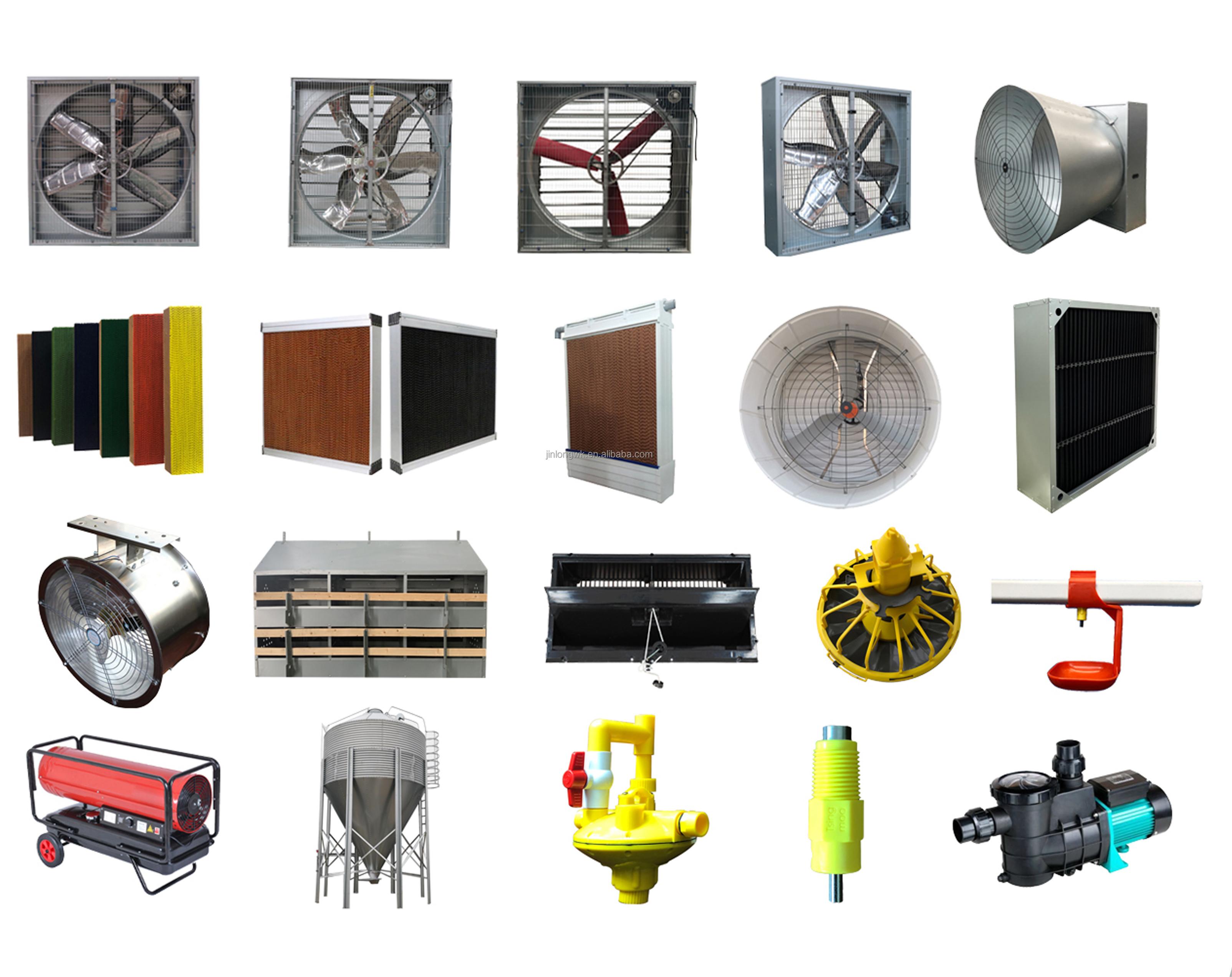Grain Storage Silos for Efficient Agricultural Management and Food Preservation
Dec . 24, 2024 11:52 Back to list
Grain Storage Silos for Efficient Agricultural Management and Food Preservation
The Importance of Grain Storage Silos
Grain storage silos play a critical role in the agricultural industry by providing an efficient and reliable method for storing and preserving crops. As one of the essential components in the post-harvest management of grains, these structures help maintain the quality of agricultural products, ensure food security, and support the global economy.
Understanding Grain Storage Silos
Grain storage silos are tall, cylindrical structures designed to store bulk commodities such as wheat, corn, rice, and barley. They are typically made from materials like steel or reinforced concrete and can store thousands of tons of grain. The design of these silos is vital for preventing spoilage and maintaining the integrity of the stored grains.
Preventing Spoilage
One of the primary functions of grain silos is to protect stored grains from various threats that could lead to spoilage. Insects, rodents, fungi, and bacteria can all compromise the quality of stored grains. Silos are engineered with airtight seals and advanced ventilation systems to control temperature and humidity levels, creating an inhospitable environment for pests and pathogens.
Additionally, proper management practices, such as regular monitoring for signs of spoilage and appropriate drying techniques, further enhance the effectiveness of silos. By maintaining optimal storage conditions, farmers can significantly reduce post-harvest losses and ensure that their products remain safe for consumption.
Enhancing Food Security
Food security is a pressing issue worldwide, with millions of people suffering from hunger and malnutrition. Efficient grain storage is an essential component in addressing this problem. By extending the shelf life of harvested grains, silos play a vital role in stabilizing food supplies and making food available year-round.
When crops are harvested, they are often produced in large quantities over a short period. Silos enable farmers to store these crops until market demand increases, thus preventing gluts that can lead to price drops and financial losses. Moreover, silos allow for bulk storage, reducing the need for frequent transportation and minimizing logistics costs. This not only benefits farmers but also ensures that consumers have access to affordable grains.
silos de almacenamiento de granos

Supporting the Global Economy
The agricultural sector is a cornerstone of the global economy, and grain storage silos contribute significantly to this industry. By facilitating the storage and distribution of grain, silos help ensure a stable supply chain. This stability is crucial for countries that depend heavily on agriculture for employment, exports, and domestic consumption.
International trade in grains also relies on effective storage solutions. Businesses that engage in the export and import of grains must have reliable storage capabilities to meet the demands of various markets. Silos can accommodate the large volumes required for international trade while maintaining quality standards.
Moreover, advances in technology, such as sensors and automated systems, are increasingly being integrated into silo management, allowing for real-time monitoring and management of grains. This technological evolution enhances operational efficiency, enabling farmers and businesses to respond quickly to changing market conditions.
Environmental Considerations
With the growing concerns about climate change and sustainability, grain storage solutions must also consider environmental impacts. Modern silos are designed with energy efficiency in mind, and many utilize renewable energy sources. Additionally, better storage practices can reduce waste and minimize the carbon footprint associated with food production.
Silos can also play a role in promoting sustainable agricultural practices. By allowing farmers to store grains for longer periods, these facilities encourage crop rotation and diversified farming practices, which can improve soil health and biodiversity.
Conclusion
In conclusion, grain storage silos are indispensable infrastructures within the agricultural sector, serving multiple functions that benefit farmers, consumers, and the global economy alike. They protect stored grains from spoilage, enhance food security, support economic stability, and foster environmental sustainability. As the world continues to grapple with challenges related to food production and distribution, the significance of grain storage silos will only continue to grow. Investing in advanced silo technology and best management practices will be crucial to ensuring a resilient and sustainable food supply for future generations.
-
Hot Sale 24 & 18 Door Rabbit Cages - Premium Breeding Solutions
NewsJul.25,2025
-
Automatic Feeding Line System Pan Feeder Nipple Drinker - Anping County Yize Metal Products Co., Ltd.
NewsJul.21,2025
-
Automatic Feeding Line System Pan Feeder Nipple Drinker - Anping County Yize Metal Products Co., Ltd.
NewsJul.21,2025
-
Automatic Feeding Line System - Anping Yize | Precision & Nipple
NewsJul.21,2025
-
Automatic Feeding Line System - Anping Yize | Precision & Nipple
NewsJul.21,2025
-
Automatic Feeding Line System-Anping County Yize Metal Products Co., Ltd.|Efficient Feed Distribution&Customized Animal Farming Solutions
NewsJul.21,2025






